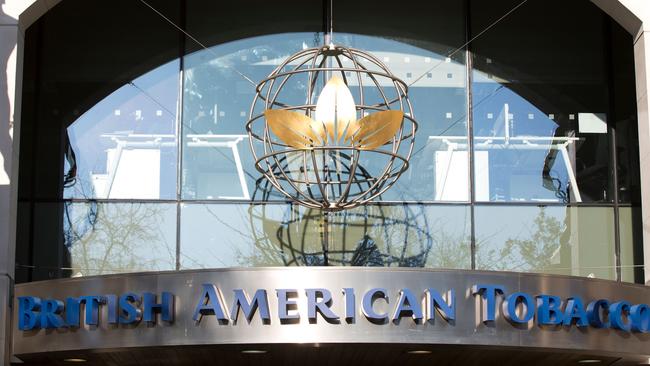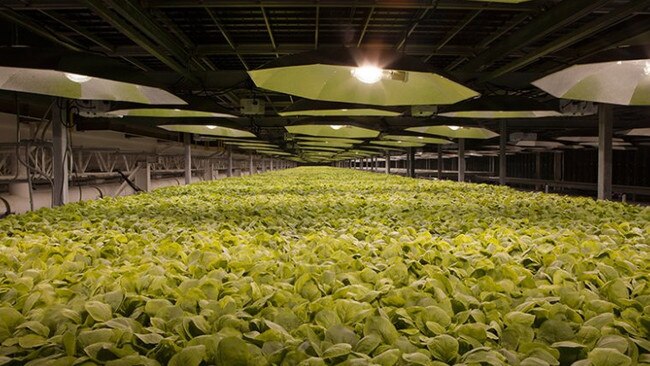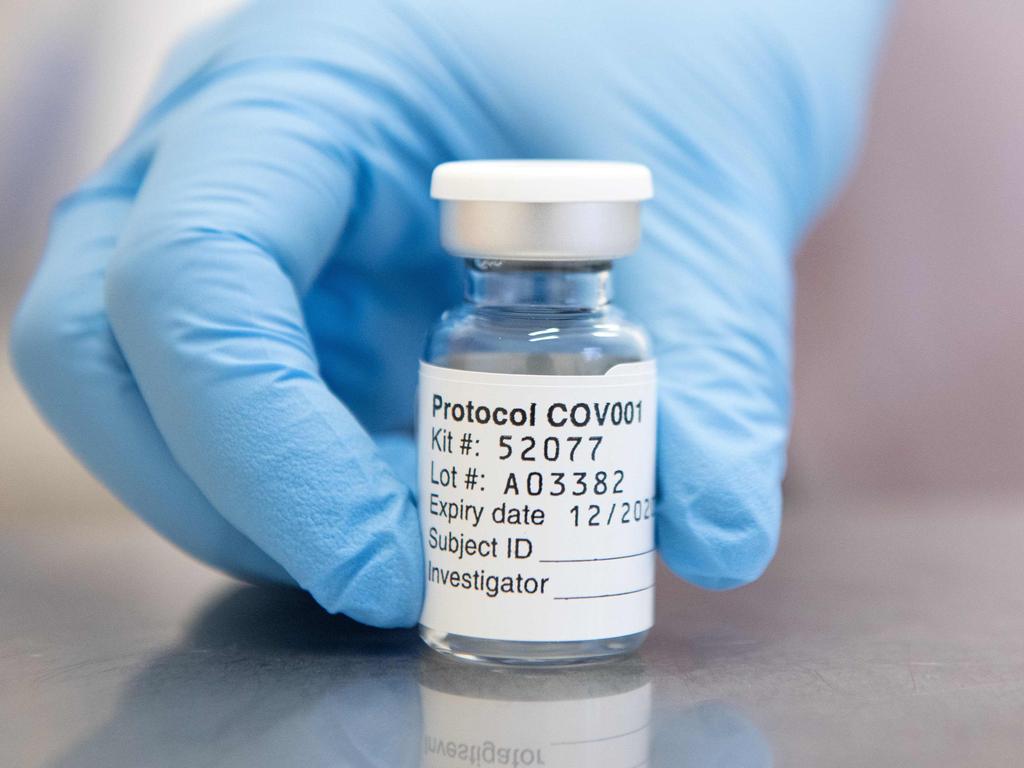British American Tobacco’s Covid-19 vaccine project not just a lucky strike
It’s not just Big Pharma companies leading the race to develop COVID-19 vaccines. Big Tobacco is having a say as well.

When the maker of Lucky Strike and Dunhill cigarettes announced a “significant breakthrough” in developing a potential plant-based COVID-19 vaccine at the height of the pandemic in the northern spring, some asked whether it was an April Fools’ Day joke.
British American Tobacco, one of the world’s biggest tobacco manufacturers, had boldly said that if testing by Kentucky Bioprocessing, its American biotechnology subsidiary, went well, potential collaborations with government and third-party manufacturers could lead to between a million and three million doses of the plant-based vaccine being produced per week from June.
Eight months on, though, the global race to develop vaccines to combat the devastating respiratory disease is being led, less surprisingly, by Big Pharma rather than Big Tobacco.
Three vaccines developed by drug companies and academics in the West have made breakthroughs in clinical trials, including Pfizer’s, which Britain became the first country to approve this month. Progress, however, on BAT’s not-for-profit candidate stalled, with the US Food and Drug Administration issuing approval only this month for clinical trials to start in adults, five months after BAT’s submission.
A similar experimental plant-based vaccine candidate being developed in partnership between Medicago — a privately owned Canadian peer whose second-largest shareholder is Philip Morris International, the maker of Marlboro — and GlaxoSmithKline, one of Britain’s two big drugs companies, has made faster progress. Last month, Medicago said it was launching larger human trials and was enrolling 30,000 volunteers.

Despite the unprecedented need for multiple vaccines to combat the global pandemic, the situation has posed a dilemma for governments and drawn criticism from the World Health Organisation and anti-smoking groups. The WHO, in a statement to The Times, has accused Philip Morris International of “trying their best to appear to be responsible and exploiting the COVID-19 pandemic to appear to be this ‘good citizen’, when the truth is that tobacco use leads to increased severity of COVID-19 infection”.
The global health body made similar criticisms of BAT’s involvement in April, when it warned governments about engaging with the tobacco industry over the development of coronavirus vaccines. The WHO’s framework convention on tobacco control restricts members in dealing with the industry and it said then that “partnership with the tobacco industry undermines governments’ credibility in protecting population health as there is ‘a fundamental and irreconcilable conflict between the tobacco industry’s interests and public health policy interests’.”
The extraordinary situation has created an unconformable position for Glaxo, the FTSE 100 company whose portfolio of existing medicines includes respiratory treatments and Nicorette, the nicotine addiction brand.
Glaxo had said in July, when it agreed to contribute its adjuvant booster technology to Medicago’s vaccine, that Philip Morris had signalled its willingness to evaluate offers for its shareholding from parties that “may be better suited to help Medicago on the next phase of its journey”. Glaxo, though, still remains in talks with Philip Morris “to determine the optimal shareholding and governance structure for Medicago’s future success” and Philip Morris remains a shareholder. In October Philip Morris put in extra funding with Mitsubishi Tanabe Pharma, the Japanese company and Medicago’s largest shareholder, to support development.
A spokesman for Philip Morris said “it is clear that our investment continues to be important” and called for scientists at Medicago, governments and regulators to “be left to complete their valuable work to take their vaccine candidate forward as quickly as possible”.
The company said that “supporting something that has the potential to reduce the impact of the virus is simply the right thing to do”, and added: “Any attempt to divert Medicago’s attention to other issues would be irresponsible when they have a vaccine candidate whose first phase of clinical trials was positive and that requires progression.”
BAT remains optimistic about its vaccine candidate, which has the potential to be stable at room temperature, something that could offer “significant advantages”.
Jack Bowles, its chief executive, said in June that the vaccine had shown its ability to generate an immune response in preclinical testing and was “poised” to move to clinical trials on humans.
BAT submitted its investigational new drug application to the FDA in July, but it received scientific advice the following month from regulators, based on some of the “vanguard” COVID-19 candidates, which led to BAT “refining” its approach to clinical testing.
David O’Reilly, BAT’s director of scientific research, said then that BAT was “taking time now to look at our clinical protocol and when we’re ready and when we agree with the FDA we will enter phase-one clinical trials”.
Dr O’Reilly added that he was “pleasantly surprised” by the absence of prejudice from regulators towards the tobacco company.






To join the conversation, please log in. Don't have an account? Register
Join the conversation, you are commenting as Logout